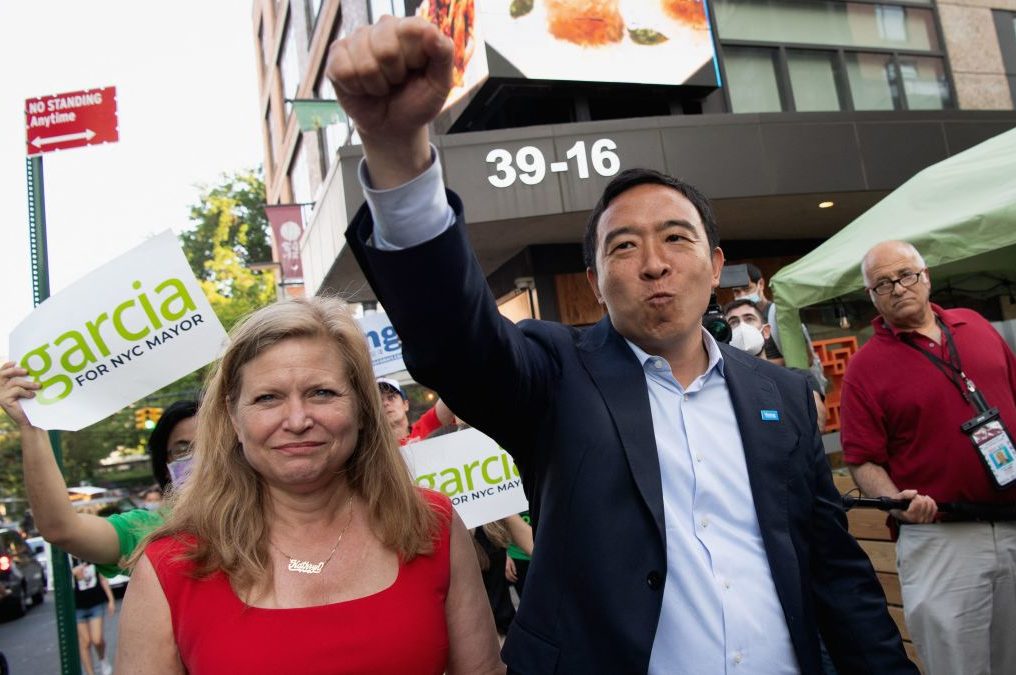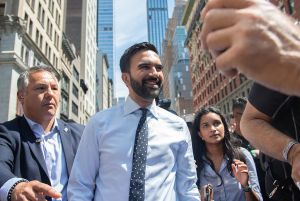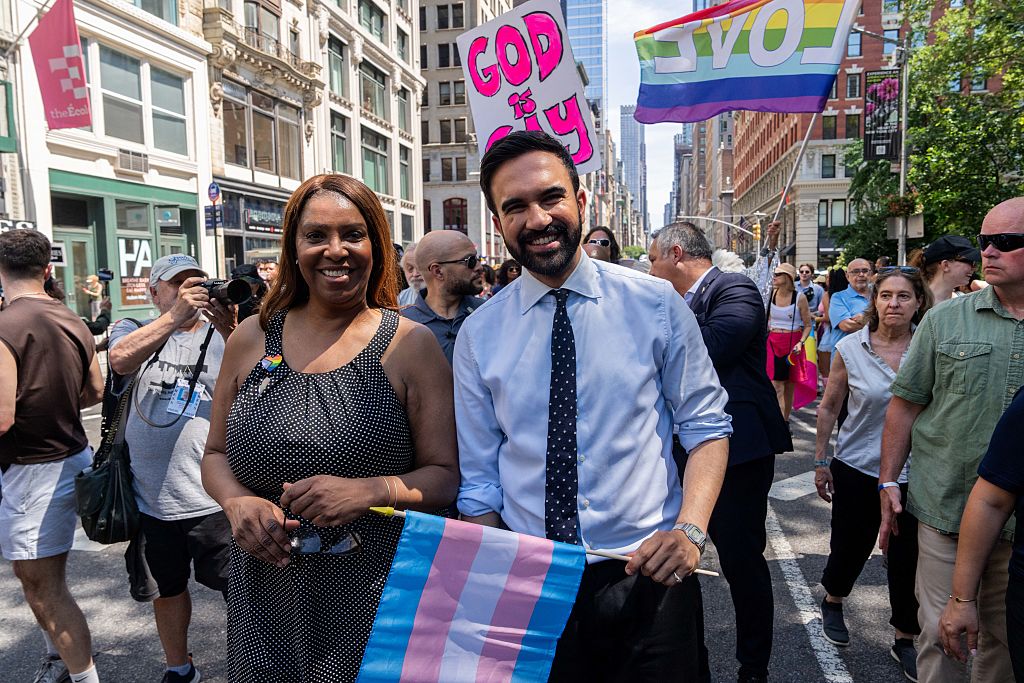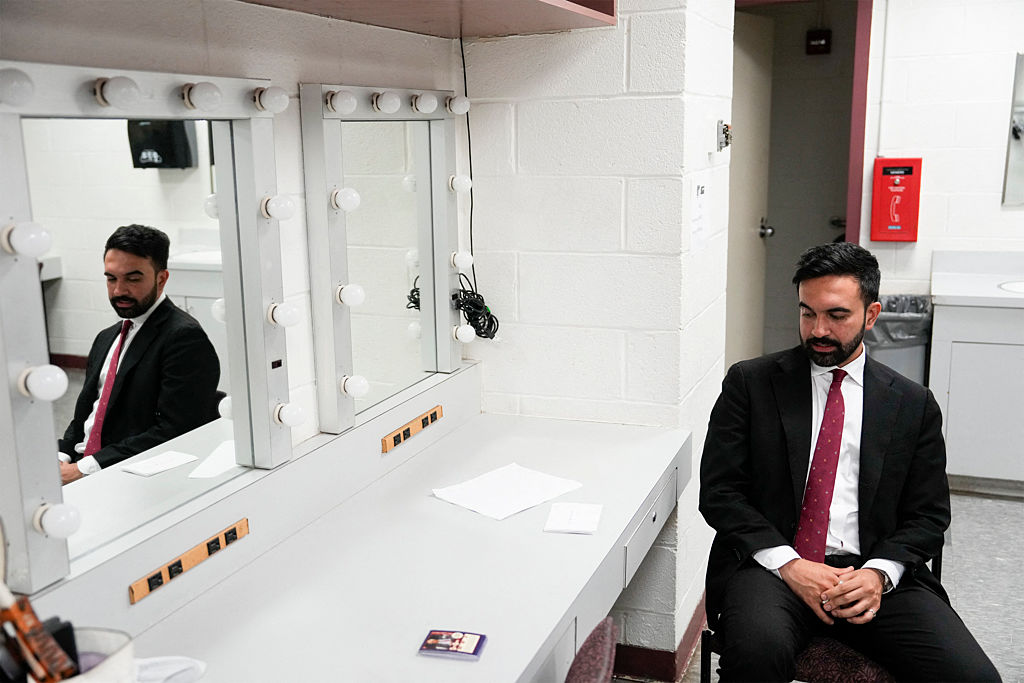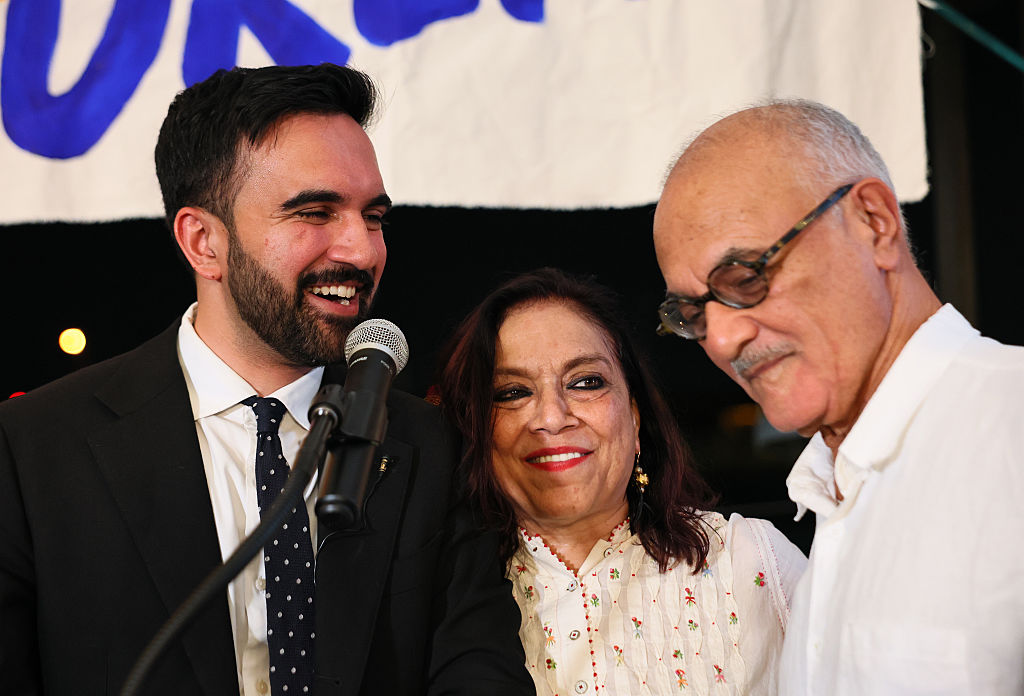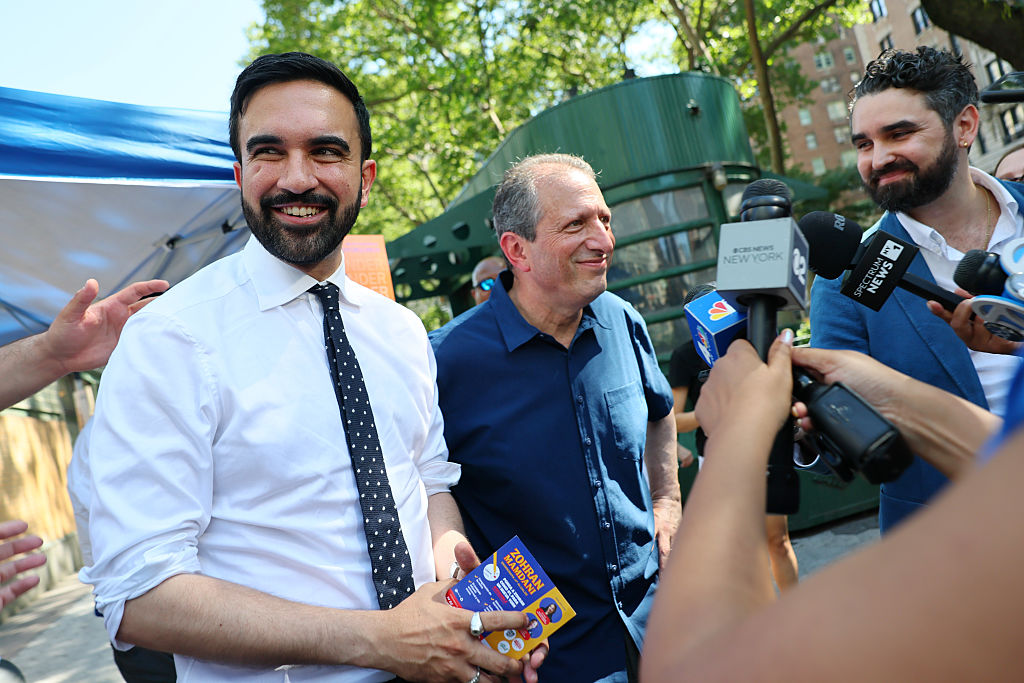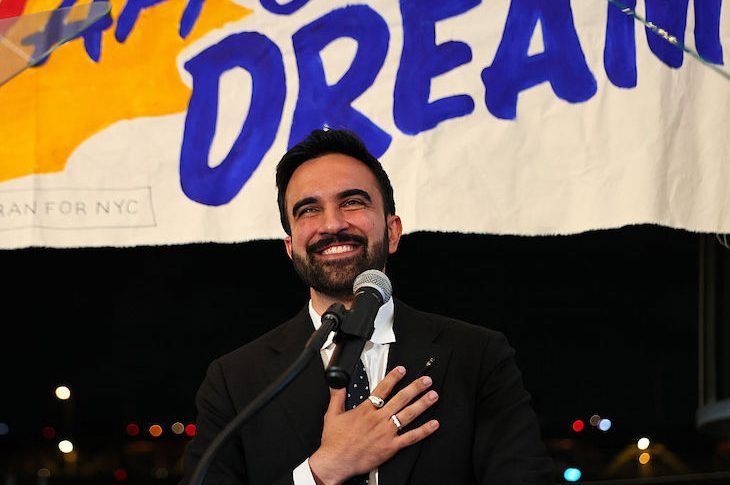For decades, the American Idol and Eurovision TV talent shows have calculated millions of votes during commercial breaks with barely a hitch. But it only took a few hours this week for New York City, the largest city in the US, to demonstrate just how incompetent local election bureaucrats can be.
New York City’s Democratic primary for mayor was thrown into utter chaos on Tuesday after election officials withdrew their initial tabulation of the contest’s ranked-choice voting results, just hours after releasing a tally showing the clear frontrunner ex-cop Eric Adams was in a dramatically tighter race against Kathryn Garcia, the candidate endorsed by the New York Times. Ranked-choice voting allows voters to list up to five candidates on their ballot in order of preference. The candidate with the least support is eliminated and votes are tallied again until a winner is declared.
Dave Wasserman, an editor of the respected Cook Political Report, says there is no way to minimize the extent of the New York City Board of Elections’s error.
‘The NYC board of elections could have come up with a worse way of rolling out these results but it would have required literally taping them to a pigeon and then letting it go out of a skyscraper for someone to find,’ he tweeted.
No one is alleging the false results were the result of political favoritism, but there certainly will be a political impact. Backers of the losing candidates will scream foul, the new mayor will take office under a cloud and the progressive dream of taking over cities using ranked-choice voting will take a huge hit. We won’t know the final outcome until mid-July when all absentee and provisional ballots are due to be counted.
Let’s also pray that the New York City Board of Elections, long known as a den of incompetence, nepotism and patronage that’s run by political hacks of both major parties, finally gets disassembled or destroyed. The hapless board’s initial reaction was only to note ‘a discrepancy’ in the election results. In reality, Tuesday’s retracted results showed 942,000 votes cast versus the current 795,000 votes counted to date. That’s not even close enough for ‘government work’.
Another lesson should be that complex attempts to redesign election systems should be viewed skeptically. That includes Congress’s HR-1, the progressive attempts to run roughshod over state election laws and impose one-size-fits-all rules on elections.
New Hampshire secretary of state Bill Gardner, a Democrat, warned about the danger of throwing out simple voting rules in favor of schemes like ranked-choice voting. In testifying against HR-1, he noted his state issues complete vote counts at each polling place on election night and requires in person voting unless a voter is out of town or disabled. Yet for the last five presidential elections, New Hampshire has been in the top five of all states for voter participation. He contrasts the record of his and other states with that of California and New York, who now routinely require a month to count ballots.
Deborah Saunders, a columnist who has looked at voting systems in all 50 states, asks ‘Why are progressives so enamored with expanding so-called “voting rights”? Because they have more faith in gimmicks than persuasion. They tell themselves they are increasing voter engagement while they are feeding voter estrangement.’
As for New York City’s Board of Elections it shows few signs of waking from its partisan sloth. Earlier on Tuesday, before the ranked-choice disaster unfolded, board president Fred Umane said the board might not hold its regularly scheduled meeting next week because so many members are on vacation.
This behavior is typical of the board, which only seems to stir itself to lash out at critics.
In December 2013, a report by the city’s watchdog Department of Investigation on the mayor’s race that year (in which Bill de Blasio was elected) shows how such fraud can easily be committed — without detection in a city that doesn’t require any voter ID.
The report detailed how DoI undercover agents went to 63 polling places in the city and pretended to be voters who had died or moved out of town, or who were in jail and not eligible to vote. In 61 instances, or 97 percent of the time, the testers were allowed to vote. Those who did vote cast only a write-in vote for a ‘John Test’ so as to not affect the outcome of any contest.
Young undercover agents voted using the names of people three times their age, people who in fact were dead. In one example, a 33-year-old male agent voted under the name of a 94-year-old who had died the previous year.
Even the two cases where poll workers turned away an investigator raise eyebrows. In the first, a poll worker on Staten Island walked outside with the undercover investigator who had just been refused a ballot; the ‘voter’ was advised to go to the polling place near where he used to live and ‘play dumb’ in order to vote. In the second case, the investigator was stopped from voting only because the felon whose name he was using was the son of the election official at the polling place.
The 2013 report also detailed the incompetence, waste, nepotism, and lax procedures of the city’s Board of Elections and the inaccuracy of its voter registration roll. The Board of Elections, which has a $750 million annual budget and a work force of 350 people, ignored the DoI’s findings and instead tried to close it down.
The board approved a resolution referring the DoI’s investigators for prosecution for voter fraud. It also asked the state’s attorney general to determine whether DoI had violated the civil rights of voters who had moved or are felons, and it sent a letter of complaint to Mayor Bill de Blasio.
De Blasio wisely didn’t take the board’s bait, but he also did nothing to clean up its deplorable record. Perhaps the mayor who will replace de Blasio next January will be able to summon the courage and public support to finally blow up the blundering board and replace it with, well anything else. I hear the auditors for American Idol and Eurovision are available for some moonlighting work.
John Fund is the co-author, with Hans von Spakovsky, of the forthcoming Our Broken Elections: How The Left Changed The Way You Vote (Encounter Books).



